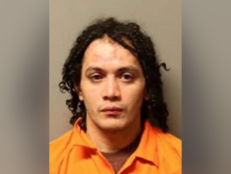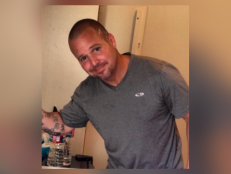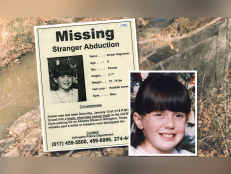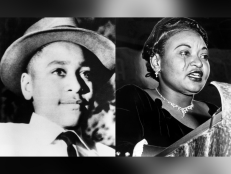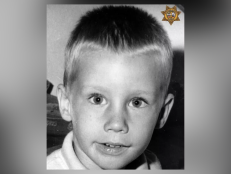Prosecutors Say Adnan Syed's DNA Was NOT Found On Tested Items From Crime Scene
“There is no forensic evidence linking him to this crime,” defense attorney C. Justin Brown tweeted.
![2053951500 Adnan Syed [Karl Merton Ferron/Baltimore Sun/TNS via Getty Images]](http://investigationdiscovery.sndimg.com/content/dam/images/investigationdiscovery/crimefeed/legacy/2019/03/Getty_Adnan-Syed-690988578.jpg.rend.hgtvcom.616.411.suffix/1553887661328.jpeg)
Adnan Syed [Karl Merton Ferron/Baltimore Sun/TNS via Getty Images]
BALTIMORE, MD — Prosecutors involved in the murder case of Adnan Syed, the Baltimore student whose story was followed by the entire nation in the hit true crime podcast Serial, say Syed's DNA was not found on items tested from the crime scene.
In 2000, Syed was convicted of strangling his high school ex-girlfriend, Hae Min Lee. According to documents obtained by The Baltimore Sun, prosecutors recently tested items including fingernail clippings, a rope, blood samples, a liquor bottle, items of clothing, and a condom wrapper. None tested positive for Syed's DNA.
According to the newspaper, the only DNA found belonged to the victim and another unidentified woman. Defense attorney C. Justin Brown confirmed that he received the results several months ago – and stated on Thursday that no forensic evidence had been found linking Syed to the murder.
“NOTHING was matched to Syed,” Brown tweeted. “There is no forensic evidence linking him to this crime.”
Brown pointed out that the fingernail clippings were significant because, he argued, Syed’s DNA should have been present if the theory that he and Lee fought inside the car was true.
According to The Baltimore Sun, the forensic testing done last year was more comprehensive than tests done at the time of the murder. But Maryland Attorney General’s Office spokeswoman Raquel Coombs played down the results and stated that the findings “in no way exonerate" Syed.
Prosecutors at the time of Syed's trial argued that Syed, who had dated Lee, killed her out of jealousy because she was dating someone else. Though no physical evidence linked him to the murder, a witness, Jay Wilds, testified that he had helped him bury the body.
Syed's attorneys asked for a new trial. But Maryland’s Court of Appeals recently denied this request, reversing the opinion of a lower court and reinstating Syed's murder conviction.
Though the court agreed with the lower court’s decision that Syed’s first defense attorney had been “deficient” — and failed to present jurors with a possible alibi witness — the court disagreed that he had been prejudiced, and stated that there had been sufficient evidence to convict him.
Syed was sentenced to life in prison in 2000, but has always maintained his innocence.
Brown says that the defense team is currently considering what steps to take next.
Read more: TribLive, The Baltimore Sun, Gazette Xtra
